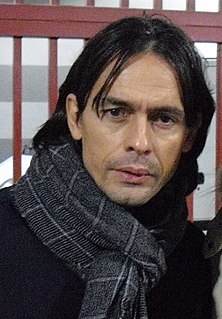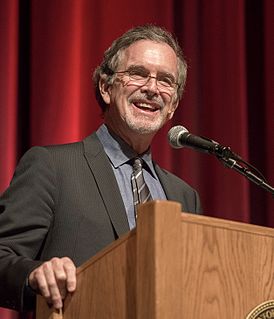A Quote by Alain de Botton
The mind does most of its best thinking when we aren't there. The answers are there in the morning.
Related Quotes
In order to have a hope of creating better answers, we need to deeply understand the logic of the opposing answers. That means thinking about how we think about both models - not just do we like one versus the other. Rather we have to ask: How do I think each model produces the results that it does? Metacognition, thinking about thinking, builds up our capacity to do that and to play with opposing ideas - and new models - in real time.
There are situations when all answers and explanations fade. When you fully accept that you do not know, you give up struggling to find answers with the limited thinking mind. That is when the greater intelligence can operate though you. Sometimes surrender means giving up trying to understand and becoming comfortable with not knowing.
The experiencing self lives in the moment; it is the one that answers the question, 'Does it hurt?' or 'What were you thinking about just now?' The remembering self is the one that answers questions about the overall evaluation of episodes or periods of one's life, such as a stay in the hospital or the years since one left college.
We deal with our mind from morning until evening. This mind can be our best friend or our worst enemy. We should do everything we can to improve outer circumstances - remedying poverty, inequalities, conflicts, and so on - while also doing our best to achieve a state of mind that give us the inner resources to deal with the ups and downs of life.
What keeps me up at night? Probably most, thinking about the future for my kids. It sounds kind of funny, but not so much what they're going to do, but how as a parent, how my wife and I as parents, how best we should prepare them for the world. And I know everybody does this, I think everybody stays up at night thinking about the best thing for their kids, and astronauts are no different.
You can make a film in a way that, when the audience leaves the theater, they leave with certain answers in their head. But when you leave them with answers, you interrupt the process of thinking. If, instead, you raise questions about the themes and the story, this means that the audience is on its way to start thinking.
The argument culture urges us to approach the world - and the people in it - in an adversarial frame of mind. It rests on the assumption that opposition is the best way to get anything done: The best way to discuss an idea is to set up a debate; the best way to cover news is to find spokespeople who express the most extreme, polarized views and present them as 'both sides'; the best way to settle disputes is litigation that pits one party against the other; the best way to begin an essay is to attack someone; and the best way to show you're really thinking is to criticize.






































